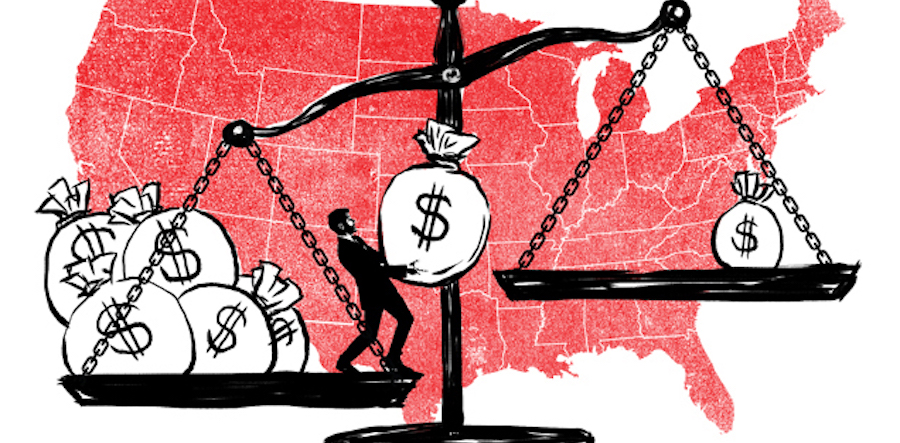 The build-up to the United States election has so far been very interesting. All those candidates are vying to get the democratic nomination for president in 2020 in order to oust president Trump in November next year. One debate topic that is gaining traction in the United States is reparations for the crime of slavery.
The build-up to the United States election has so far been very interesting. All those candidates are vying to get the democratic nomination for president in 2020 in order to oust president Trump in November next year. One debate topic that is gaining traction in the United States is reparations for the crime of slavery.
But what are reparations? N’cobra, the National Coalition of Blacks for Reparations in America, defines reparations as the process of repairing, healing and restoring a people injured because of their group identity and violation of their fundamental human rights by governments, corporations, institutions and families.
The concept of reparations is not new; reparation payments have a long history. Such payments were made by Germany to the victors of World War I to compensate for the damage and injury caused by its aggression during that War. Needless to say, this did not go down well in post-World War I Germany. In fact, it is alleged that John Maynard Keynes thought these payments were wrong. It is also alleged that these reparations were never paid in full by Germany and caused severe inflation in the Weimar Republic during the global depression in the 1930s. Reparation payments were made to the Jews who survived the attempted genocide of their race by the Third Reich in Germany during World War II, their holocaust.
However, Jews were not the only ones to suffer a holocaust; the Armenians, for example, experienced an attempt to exterminate them after they were expelled from Turkey after World War I. The trans-Atlantic slave trade, the Middle Passage and chattel slavery in the Americas represented the African peoples’ holocaust. This went on for more than 250 years; millions died in the Middle Passage and on the plantations of the Americas. Slavery is still a sensitive subject for blacks, for the descendants of slavery and the people who benefitted from that trade and the exploitation of free black labour. The reason, neither the former slaves and their descendants received a penny for the level of exploitation experienced by the African slaves.
The US paid reparations to the Indian tribes whose land they took; the US also paid reparations to the Japanese who were placed in internment camps during World War II; Canada paid reparations to its native peoples for its attempted forced assimilation. As stated earlier, Germany paid reparations to Israel for its genocidal policy against the Jews of Germany and German-occupied Europe during World War II. Even Haiti had to pay reparations to France for the cost of freeing themselves from slavery and oppression. These payments only ended around the period of World War I. Given these examples, why is the issue of reparation to the descendants of those forced into chattel slavery so stoutly resisted by those countries that benefitted from this horrific practice?
Among the reasons given is that the present generation had nothing to do with slavery of almost two centuries ago. This fact is true. However, the descendants of the owners of slaves have benefitted significantly from the profits of slavery. Eric Williams in his seminal work Capitalism and Slavery, outlined how the profits from slavery led to Britain’s economic development, and may have played a significant role in its industrial revolution. Walter Rodney in his work How Europe Underdeveloped Africa, demonstrated how Africa was systematically stripped of its human capital. Africa lost not only its people but many technical skills which they possessed, particularly skills in agriculture which slave owning countries benefitted from.
One wonders why there is such resistance to the idea of reparations to the descendants of former slaves. Could it be that the level of compensation would be in the tens of trillions? The belief by those that benefitted from slavery is that repayment for that crime is somehow giving away their hard-earned money to lazy black people. Or could it be that the countries which benefitted would finally have to admit that slave owners and their descendants of the slave owning nations were unjustly enriched by this practice?
Edward Hunte, an Attorney-at-Law, is the holder of an MBA with concentrations in Economics & Finance. He was also an economist with the Ministry of Finance and Economic Affairs.




